In a bombshell legal move, two veteran teachers have filed a petition against the Kenya Union of Post Primary Education Teachers (KUPPET), accusing the national treasurer, Wicks Njenga Mwethi, of falsely posing as a registered teacher and misappropriating union resources.
Impostor Accusation Rocks Teacher Union.
William Lengoiyap and Yvonne Musyoka argue that Mwethi, who has served as KUPPET’s treasurer since 2006, is not listed on the Teachers Service Commission (TSC) register and was previously interdicted by TSC—rendering him ineligible for union office. The pair claim Mwethi “has been impersonating a teacher … which constitutes a continuing illegality.”
Legal Criteria Flouted—Union Election in Jeopardy.
Under the TSC Act, candidates must be registered teachers. The petitioners insist that Mwethi’s name does not appear on the TSC roll, disqualifying him under KUPPET’s own constitution. They further allege he was unlawfully allowed to run for union office in 2006, 2011, 2016, and 2021, calling those elections null and void.
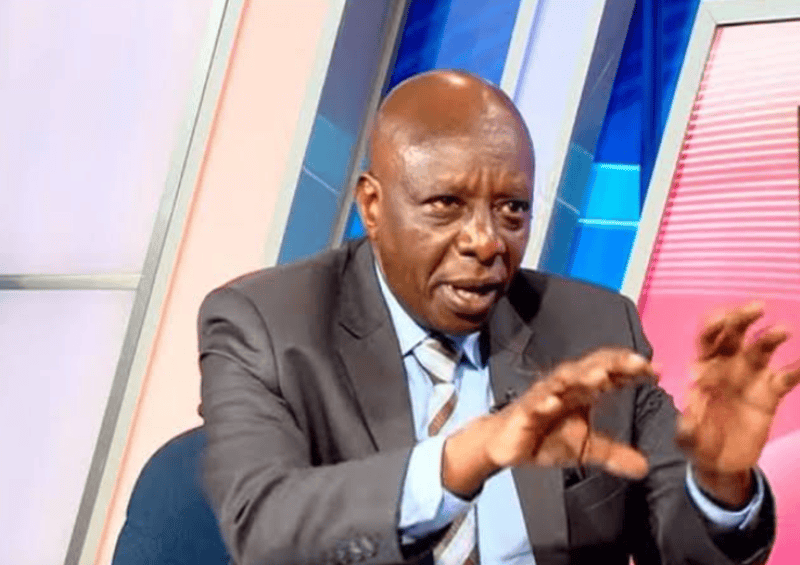
Conflict of Interest Alleged.
The petition extends beyond credentials, accusing Mwethi of abusing his position to funnel union business to his private firm, Fast Growth Credit Limited. He is accused of issuing high‑interest loans—up to 36%—to KUPPET, far above prevailing bank rates, and deploying union staff to solicit loan clients. Court documents claim these actions were facilitated by KUPPET’s Secretary‑General.
Access to Information Denied.
The duo also claim that the TSC blocked their access to documents required to verify Mwethi’s registration status, despite legally backed transparency rights.
Stakes: Union Integrity on the Line.
The teachers seek sweeping declarations: that Mwethi’s continued tenure is illegal, all his elections null, and that the loan scheme amounts to a serious conflict of interest. The court is urged to invalidate his position and compel KUPPET to tighten governance.
Broader Concerns for KUPPET.
This high-profile lawsuit threatens the credibility of one of Kenya’s largest teachers’ unions. With national and district union elections due soon, the case places internal democracy and financial ethics under intense scrutiny.

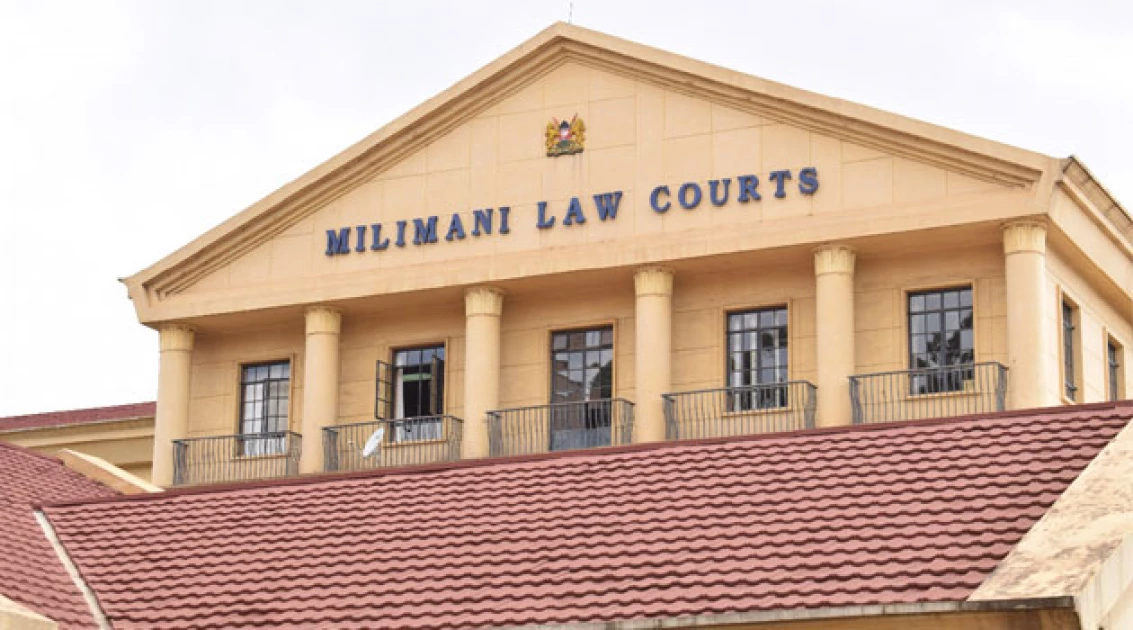


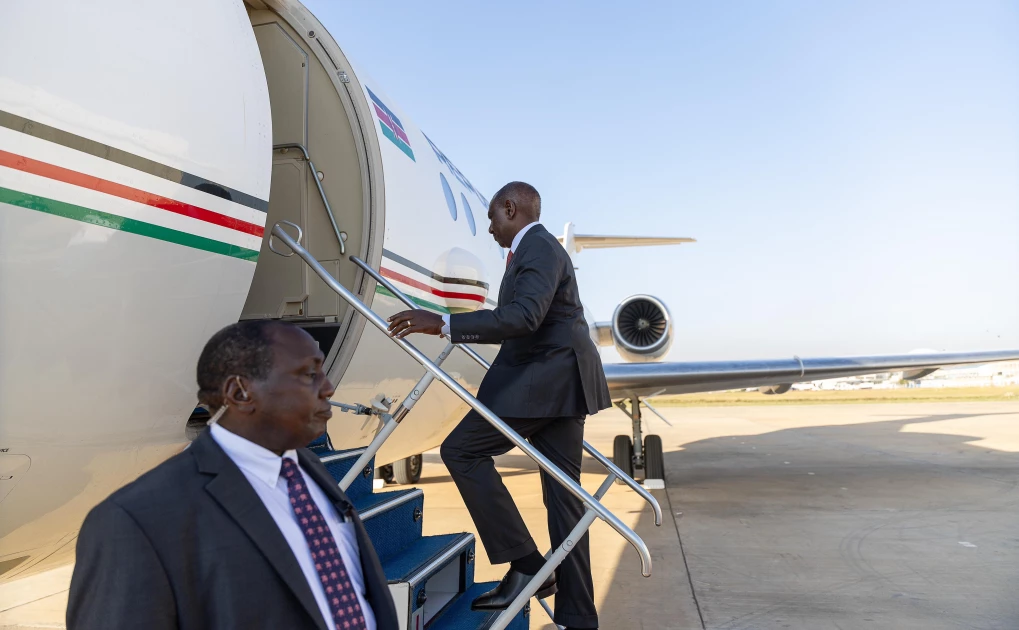
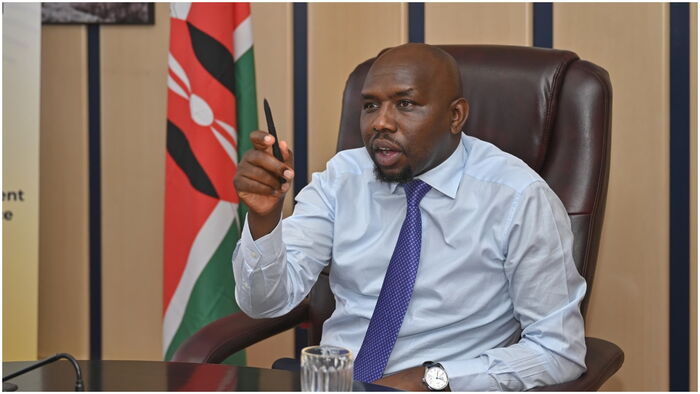
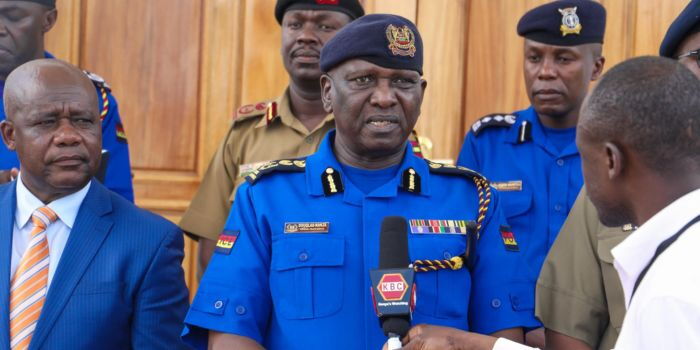
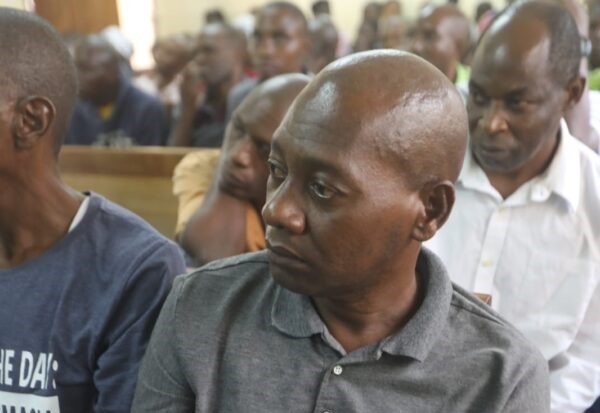

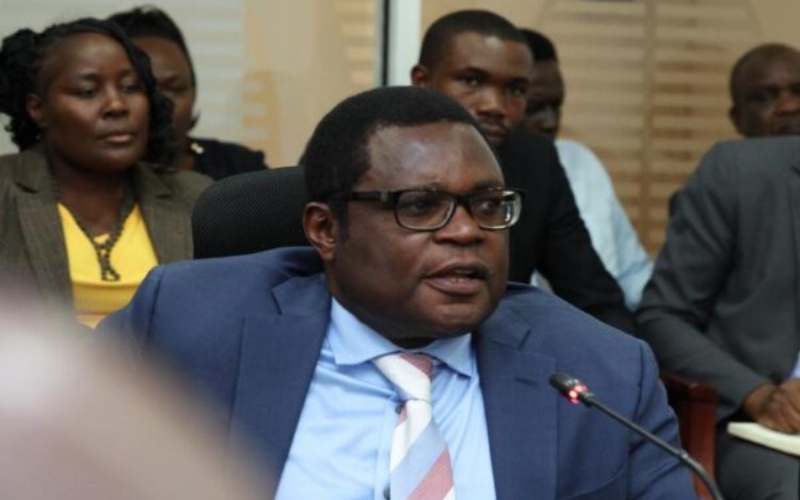

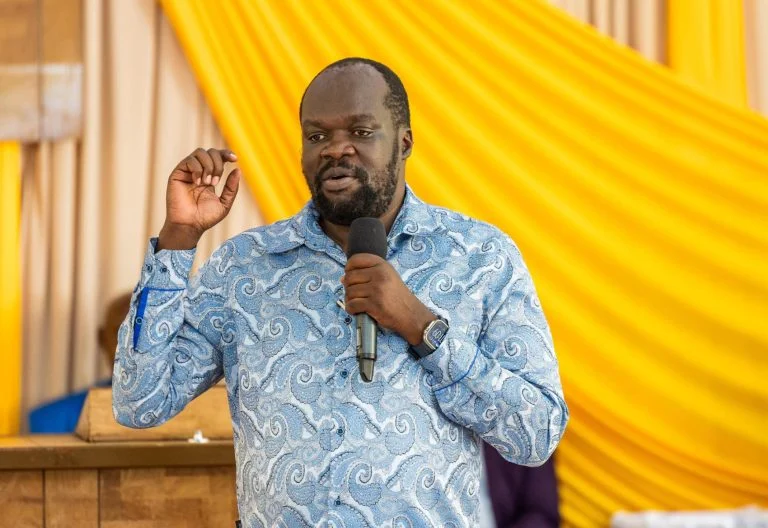
Leave a Reply